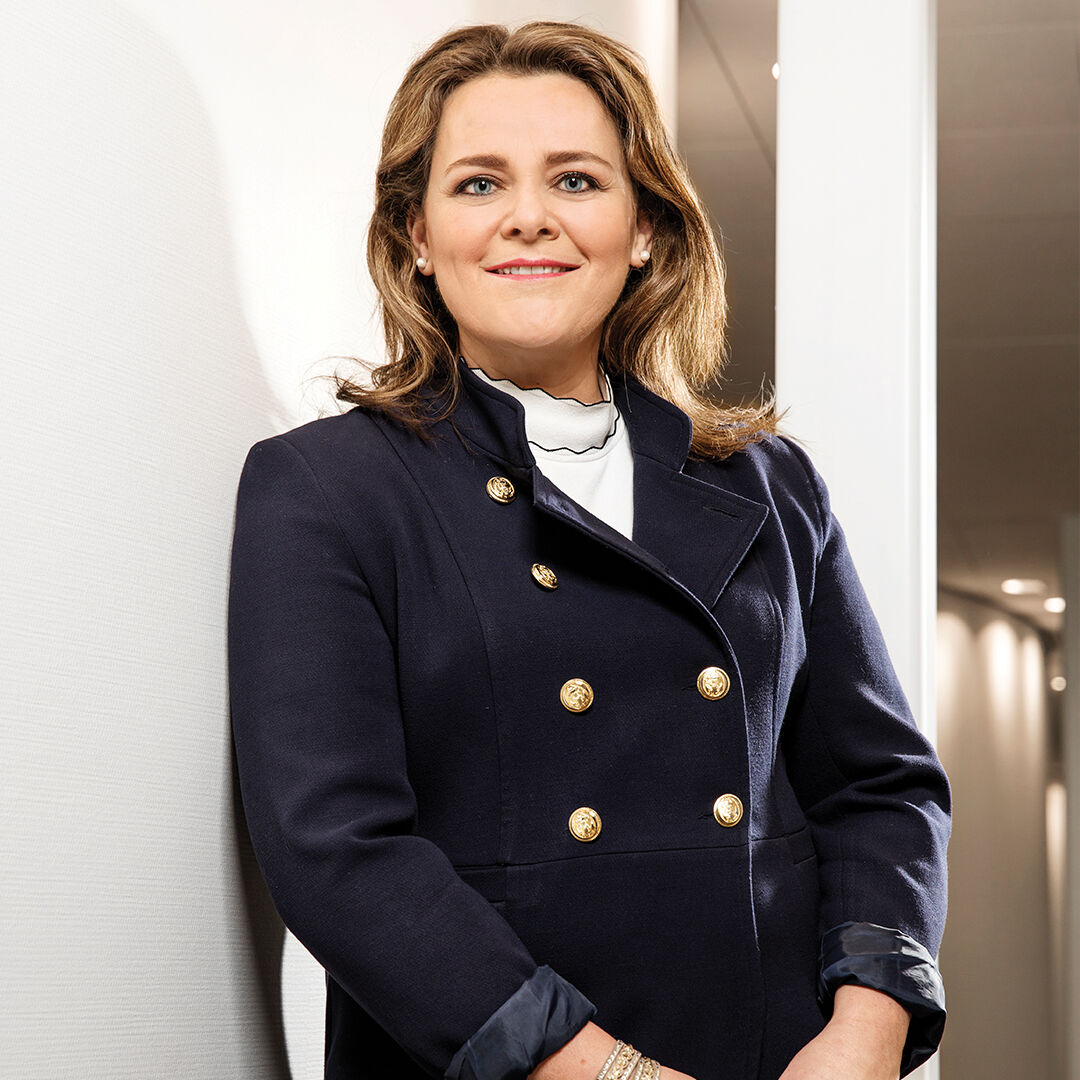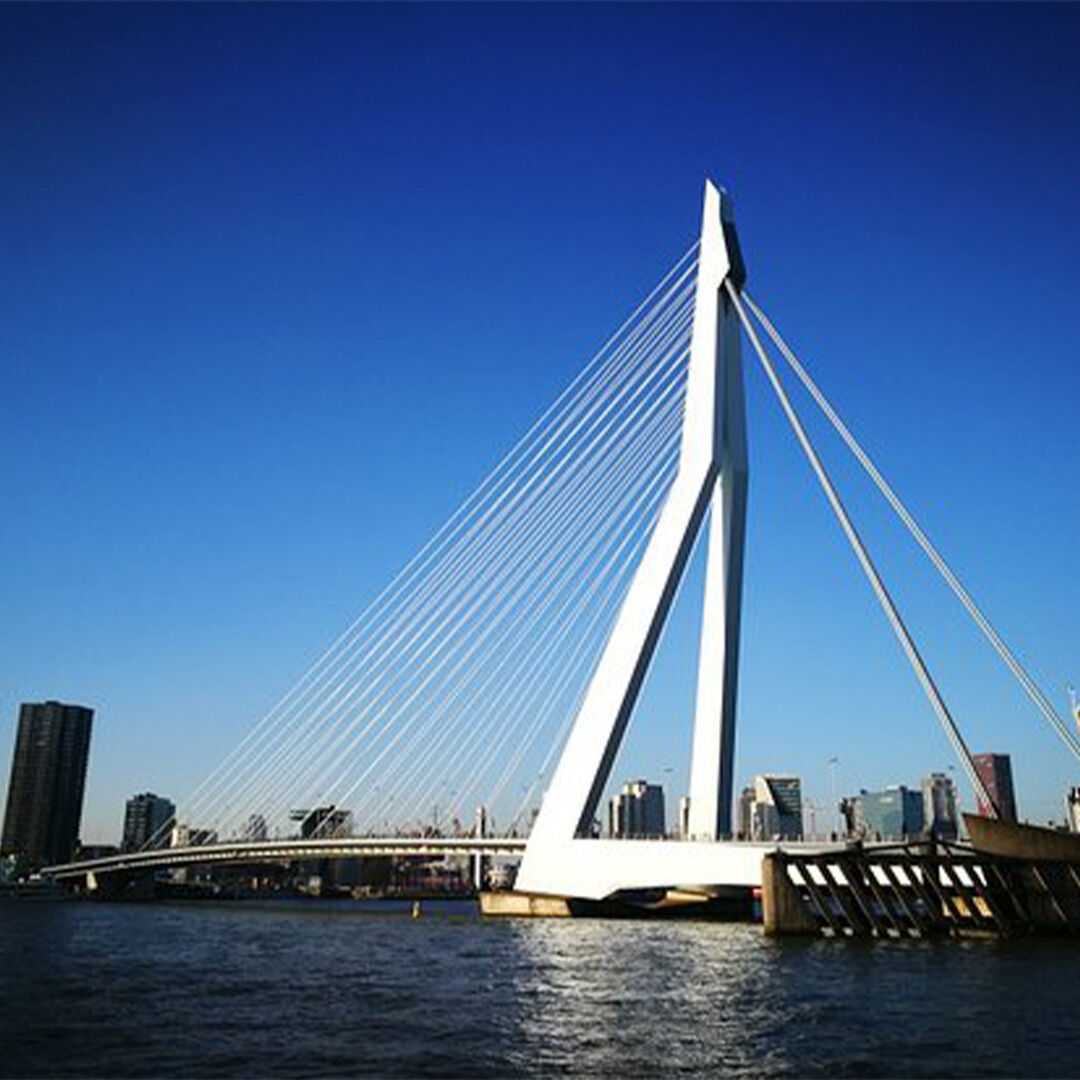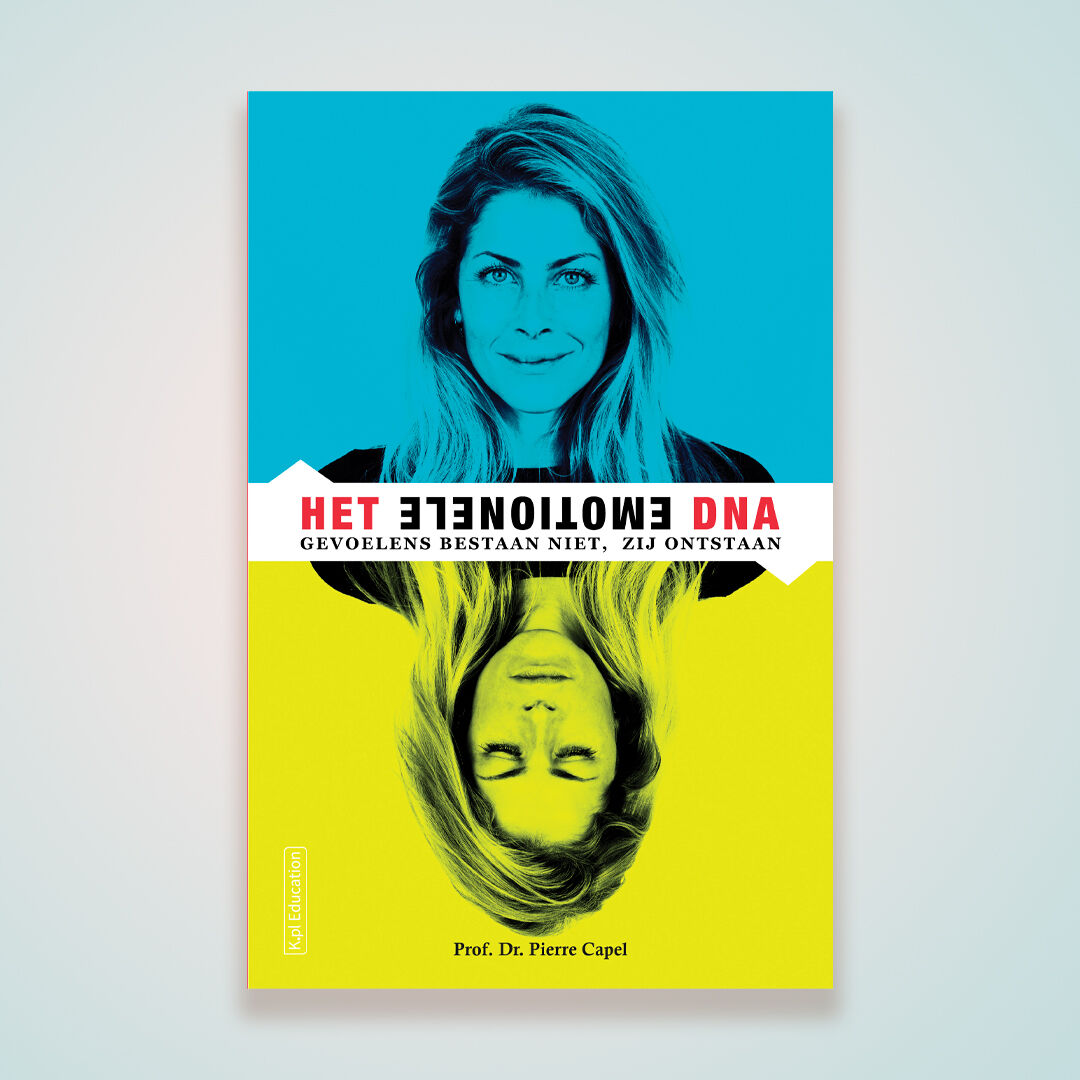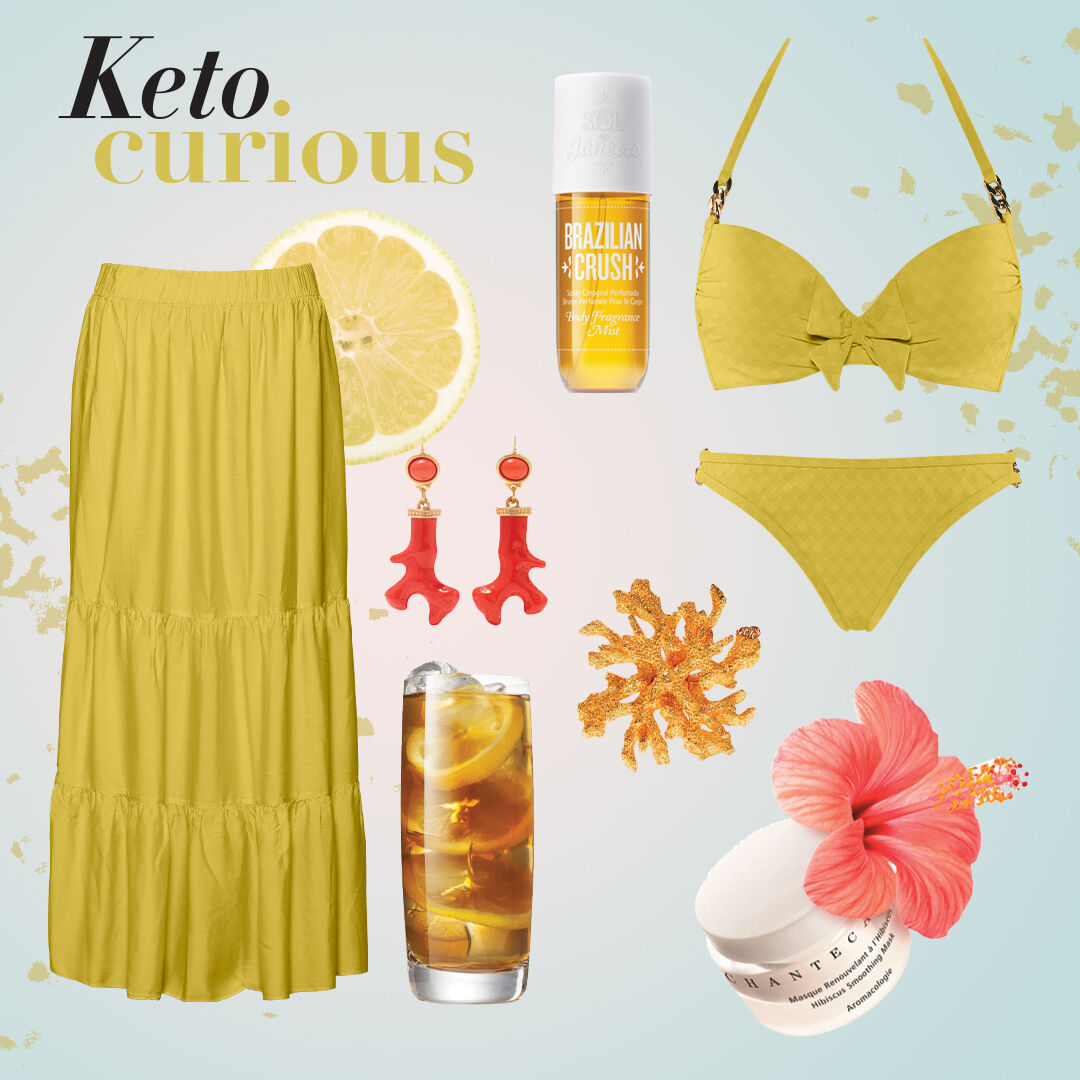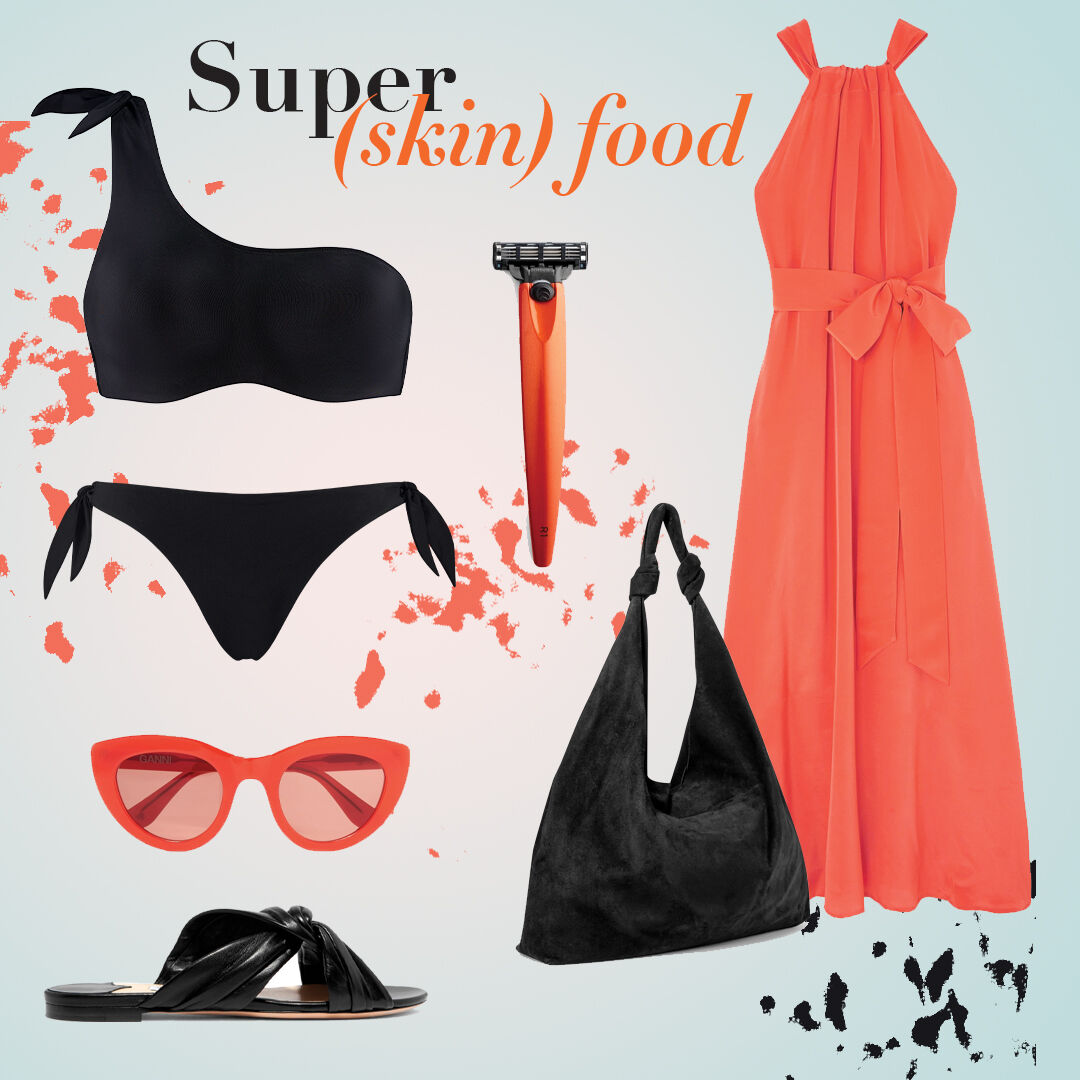Alexander Monro breast cancer Hospital
As soon as Marjolein de Jong shakes your hand and fixes her steel blue eyes on you, you see it: the dedication and determination. Under her direction, with the help of her dedicated colleagues,the Alexander Monro Hospital in the Netherlands has become a worldwide example of state-of-the-art personalized breast cancer care. In other words: a place where the patient feels that they come first. "We focus on caring and curing."
Marlies: What is the idea behind the Alexander Monro Hospital?
Marjolein: We are the first breast cancer hospital to be structured completely around the needs of the patients and their loved ones while being utterly committed to fighting all the different types of breast diseases. It's a two-fold focus of caring and curing that has proven to bring excellent results, both medically and emotionally.
Marlies: I am not surprised that for 5 years straight, you have scored a 9.5 on overall patient satisfaction, the highest score in the Netherlands. Walking into the hospital, I was immediately struck with how much empathy for the patient there is in every detail.
Marjolein: Thank you. Let's be honest: nobody comes here for fun. So, during each part of the process, we want you to feel that we are here for you, from the moment you enter our hospital. Our consulting rooms are like living rooms, with wall decorations inspired by strong, courageous women such as Mexican painter Frida Kahlo and scientist Marie Curie, and the tables are round to stimulate real contact. This way, the professionals talk with you, not to you. They are not hiding behind their computers but really getting to know you and your loved ones, who are extremely important as your support system. One of the most crucial, but also most difficult moments in the process is the visit to the radiologist's office. Here, a final diagnosis of your situation will be made. Just imagine sitting there half-undressed, nervously waiting for the mammography.
Marlies: You feel extremely vulnerable.
Marjolein: Exactly. That is why we provide you with a gorgeous, bright pink scarf that you can wrap around yourself. So many patients have told us that it gave them a sense of privacy and dignity when they most needed it.
Marlies: A small, but such a significant gesture!
Marjolein: Indeed. You know, a healing environment is not only important for patients but also for the professionals. It helps us to be more careful, gentle and empathetic towards the patients. Breast cancer needs a multidisciplinary approach, so we have people from all disciplines working together, physically, under one roof. Usually, the different departments get together once or twice a week, but in our hospital, we meet twice a day to discuss our patients. This situation is unique in the world.
Marlies: You are a surgical oncologist yourself. What triggered your interest in this field?
Marjolein: While I was working as a psychologist in a prison, my director got breast cancer. For the first time in my life I got to experience the impact of the disease up close. On top of that, during my studies, I became aware of what a huge problem breast cancer is. One out of 8 women experiences breast cancer during their lifetime and in the Netherlands alone, 9 women die of the disease every day. I saw women around me struggling with it that were much younger than me. I felt the urgency to not only help them get better, but to make them stronger afterwards. And that's what we are doing, all of us at the Alexander Monro hospital: helping women and men during the entire process.
Marlies: What is the best way to do a self-breast exam? Do you have any tips for us?
Marjolein: People used to always talk about feeling your breasts. But we have found that you can learn much more by seeing than feeling, so we now urge women to visually examine their breasts as well. There is a fantastic campaign in the US called 'Know Your Lemons' which uses different types of lemons to show you what breast cancer can look like. For example, look out for a change of the color or structure of your skin; notice if there are dimples, dents or thickened red patches. Also, it is common for one breast to be different in size and shape from the other, but if one breast flattens, swells or droops unexpectedly, this could be a sign of breast cancer. When any of these changes are persistent, do not hesitate to get them checked by a professional!
Marlies: We have been developing a special Care Bra, which is technically a prosthetic bra but with our own signature style. What role can lingerie play for women who have undergone such an invasive process?
Marjolein: A big part of the healing process is being able to pick up your life again. Wearing your usual style of clothes can really help with that, and so can lingerie. Your breasts, however, will keep changing in size during the recovery period and you may still experience pain and discomfort. A lot of the prosthetic bras out there are unattractive or sporty-looking and for some women, wearing them is a daily reminder of the ordeal they went through. You have to understand that even though the cancer may be gone, the impact of it is something you will always carry with you. But a bra in your style that accommodates your needs can play a huge role reclaiming your identity and self-esteem.
Marlies: Thank you, Marjolein. It's been incredibly inspiring to meet you.
MD Friends
Building bridges
From the Erasmus Bridge and the Mercedes-Benz Museum to Qatar’s metro network; Ben van Berkel’s iconic landmarks bring people together in rapturous beauty, again and again. I talked with the Dutch architect and educator about sensuality, ‘healthy’ buildings and the remarkable parallels between our designs.
MD Friends
More than a feeling
Don’t ignore your emotions; they are much more powerful than you can imagine. By linking the magical world of emotions with hard science, Dutch scientist Pierre Capel, professor emeritus in experimental immunology, shows us the consequences of our feelings and the power of our minds. The message: we can do much more than we think. “Meditate. It’s the single best thing you can do for your health.”
Marlies Says
Keto curious?
The fact that I feel bikini-confident all year round is, of course, a nice bonus. But for me, the biggest payoff of following the keto diet is the way it optimizes my health and gives me tons of energy.
Marlies Says
Super (skin) food
‘If you can’t eat it, why put it on your skin?’. I pretty much live by this beauty adage. After all, with your skin being one of your body’s largest organs, anything – and I mean anything! – you put onto your skin will end up in your bloodstream.


